Professor Jack Davis of UC’s Classics Department is a regular visitor to the Archives and Rare Books Library. Recently he has been examining the Joseph Alsop papers, which contain a manuscript copy of Alsop’s book, From the Silent Earth, a Report on the Greek Bronze Age and correspondence about the manuscript. Below is the first of a series of blogs in which Jack Davis discusses Joseph Alsop and the collection in ARB. It was originally published on From the Archivist’s Notebook, a blog of Natalia Vogeikoff-Brogan, head of the archives at the American School of Classical Studies at Athens.
By: Jack Davis, Carl W. Blegen Professor of Greek Archaeology at the University of Cincinnati
Several months ago Louis Menand’s New Yorker review (Nov. 10, 2014) of Gregg Herken’s The Georgetown Set: Friends and Rivals in Cold War Washington kindled my interest in Joseph W. Alsop (1910-1989), influential journalist, syndicated newspaper columnist, and trustee (1965-1985) of the American School of Classical Studies at Athens. A bit of archival sleuthing at the University of Cincinnati (see below) led to the discovery that on Saturday, December 14, 1963, Alsop had summoned an A-list of Classical archaeologists and art historians to dine with him and his wife, Susan Mary, in their Georgetown, Washington, D.C., home — a strange flock for this longtime Washington insider to host.


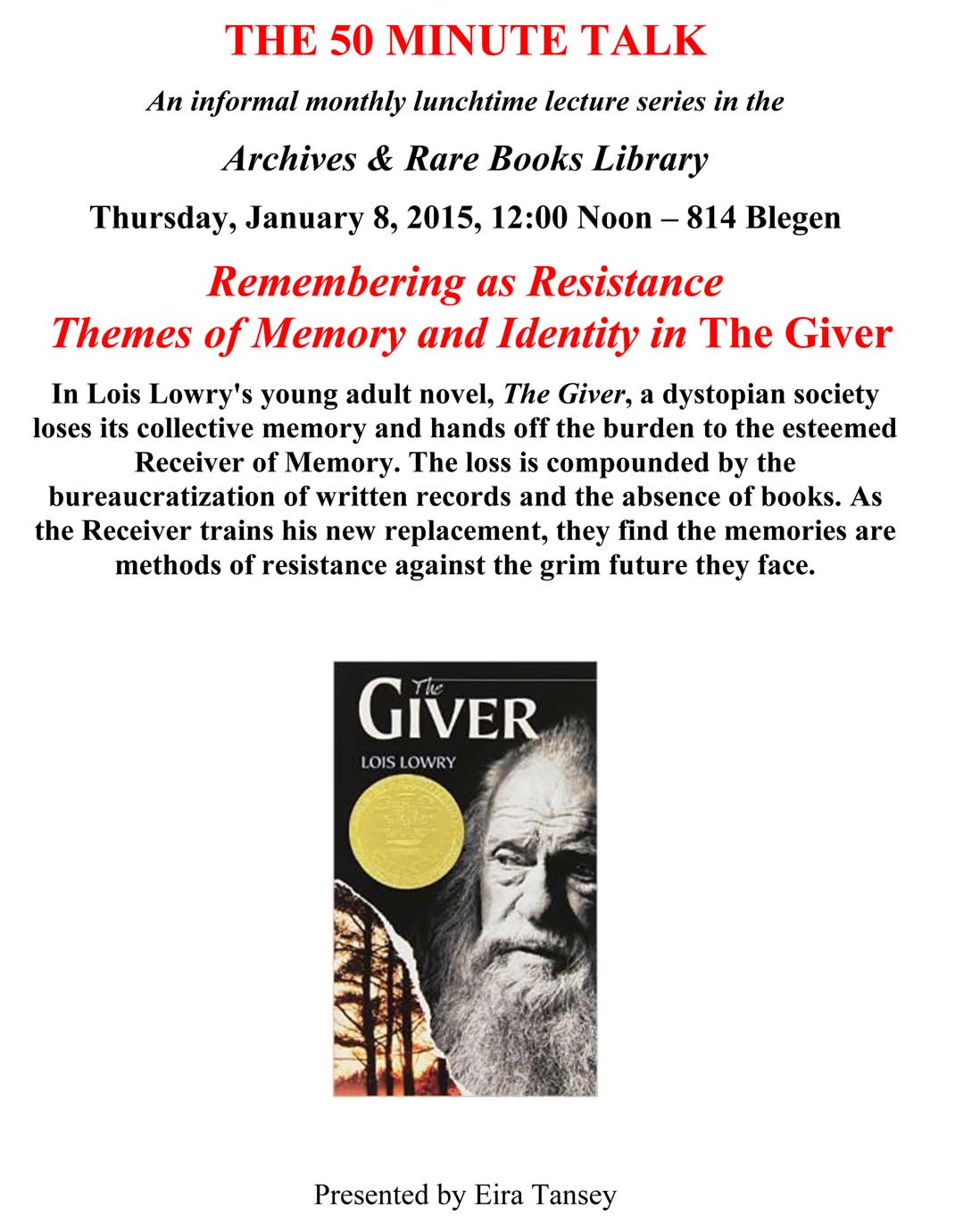
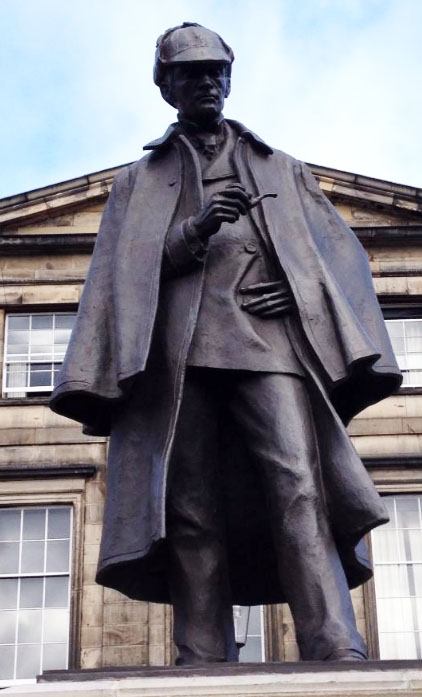
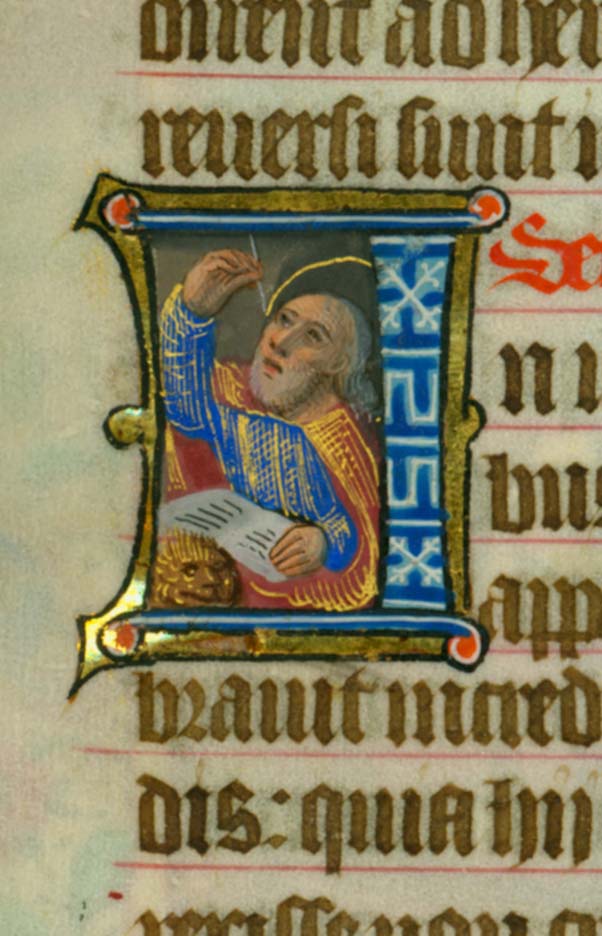
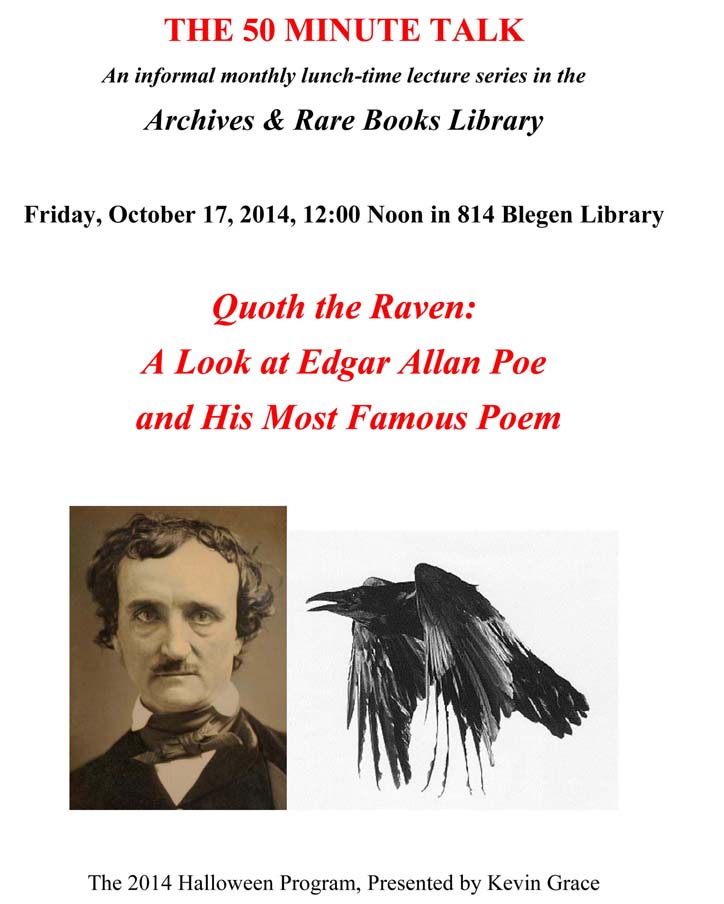
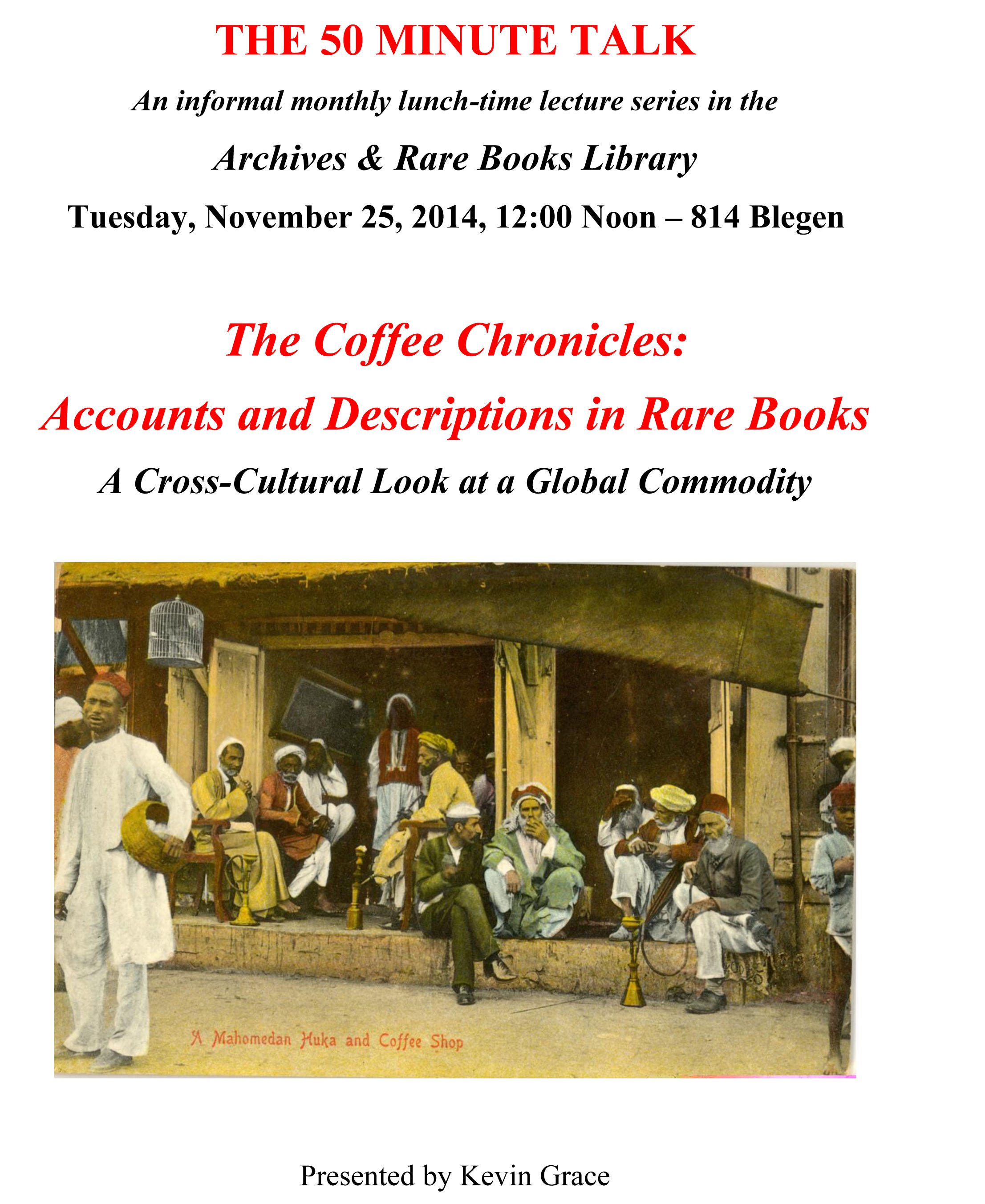
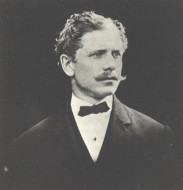
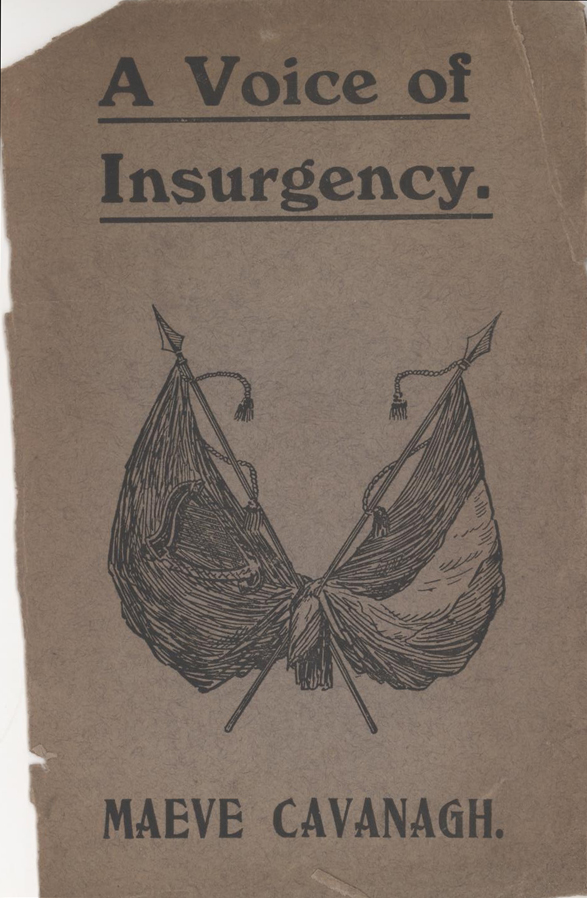
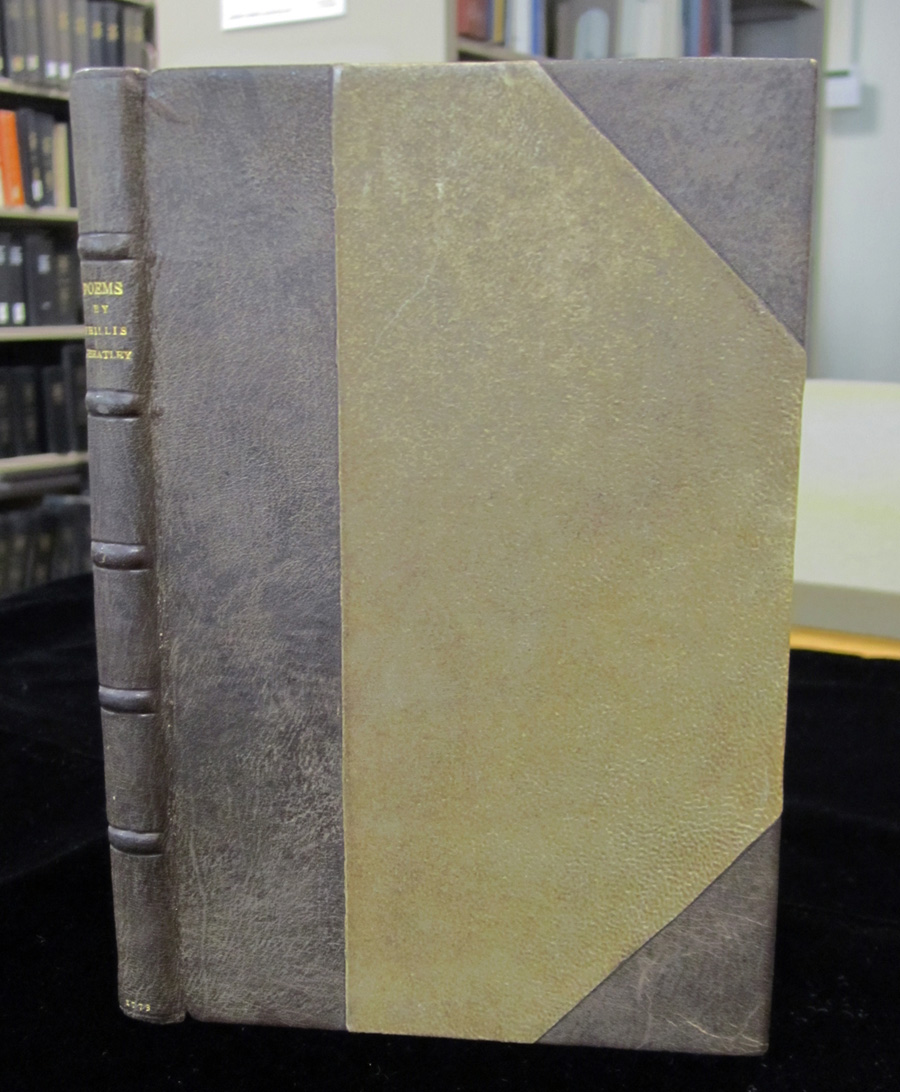
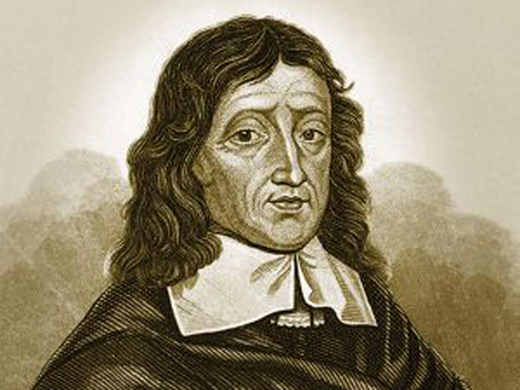 Milton (1608-1674) is one of the greatest poets and essayists in the English language. The quote, which is part of his work condemning censorship and pleading for free speech, is part of the architectural design in the library, which opened as the University of Cincinnati’s Main Library in 1930. Intended to inspire students and scholars, they are words meant both to establish the primacy of books and the written word in human culture and to draw the reader within the building to explore, to learn, to consider, and to share knowledge.
Milton (1608-1674) is one of the greatest poets and essayists in the English language. The quote, which is part of his work condemning censorship and pleading for free speech, is part of the architectural design in the library, which opened as the University of Cincinnati’s Main Library in 1930. Intended to inspire students and scholars, they are words meant both to establish the primacy of books and the written word in human culture and to draw the reader within the building to explore, to learn, to consider, and to share knowledge.